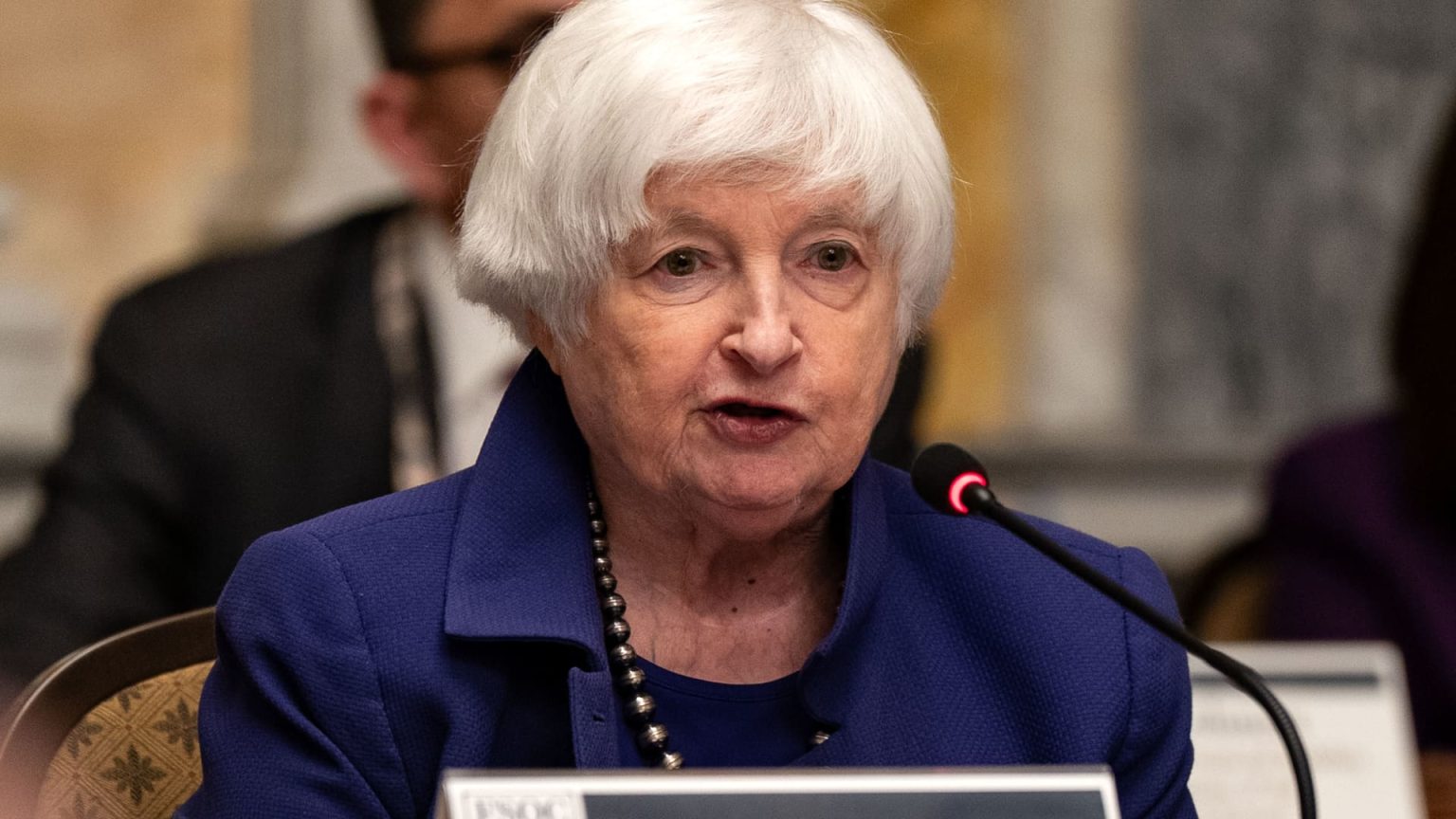U.S. Treasury Secretary Janet Yellen has warned that European banks operating in Russia face increasing risks as the United States considers strengthening secondary sanctions on banks that aid transactions for Russia’s war effort. Yellen stated that tougher sanctions on banks doing business in Russia may be implemented if deemed necessary, citing the significant risks associated with operating in Russia. While Yellen did not specify any banks that could be targeted, she emphasized the potential consequences for banks involved in Russian dealings. However, she noted that the decision on imposing sanctions would be based on specific reasons and circumstances.
At a G7 finance leaders meeting in Italy, Yellen expressed concerns about European banks operating in Russia and the associated reputational risks. European Central Bank policymaker Fabio Panetta emphasized the need for Italian banks to “get out” of Russia due to the reputational problems associated with maintaining business ties in the country. Large European banks such as Raiffeisen Bank International and UniCredit, as well as Italian lender Intesa Sanpaolo, have been urged to reconsider their presence in Russia. Yellen highlighted the risks posed by doing business in Russia and the potential consequences for banks that fail to comply with sanctions.
The U.S. Treasury has been granted new secondary sanctions authority by President Joe Biden, enabling the Treasury to sever ties with banks found to be aiding the circumvention of primary sanctions against Russia and other entities related to the conflict in Ukraine. Yellen and other Treasury officials have expressed concerns about Russia’s evolving “war economy,” making it challenging to differentiate between civilian and military transactions. Despite the existence of secondary sanctions, Yellen noted that Russia continues to find ways to acquire goods needed for military production through alternative routes, including transactions facilitated by countries such as China, the United Arab Emirates, and Turkey.
Raiffeisen Bank International received a warning letter from the Treasury earlier this month, cautioning that its access to the U.S. financial system could be cut off due to its dealings in Russia, particularly a proposed deal with a sanctioned Russian tycoon. As a result of this warning, Raiffeisen decided to abandon plans for the industrial stake linked to the sanctioned individual, reflecting the impact of U.S. pressure on European banks with ties to Russia. Yellen has emphasized the importance of European banks complying with sanctions against Russia and taking steps to prevent circumvention efforts. The Treasury’s willingness to hold European banks accountable for their Russian ties has been highlighted through recent actions and warnings issued to financial institutions.
Yellen’s warnings and statements underscore the growing challenges faced by European banks operating in Russia amid escalating tensions between Russia and the West. As the U.S. considers strengthening sanctions on banks involved in Russian transactions, financial institutions are being urged to reassess their presence in Russia and ensure compliance with sanctions regulations. The evolving situation in Russia, characterized by a shifting economy and increased military production, has led to heightened scrutiny of financial transactions and dealings with Russian entities. The Treasury’s efforts to enforce compliance with sanctions and prevent circumvention highlight the importance of banks aligning with U.S. policies and regulations to avoid potential penalties and consequences.


